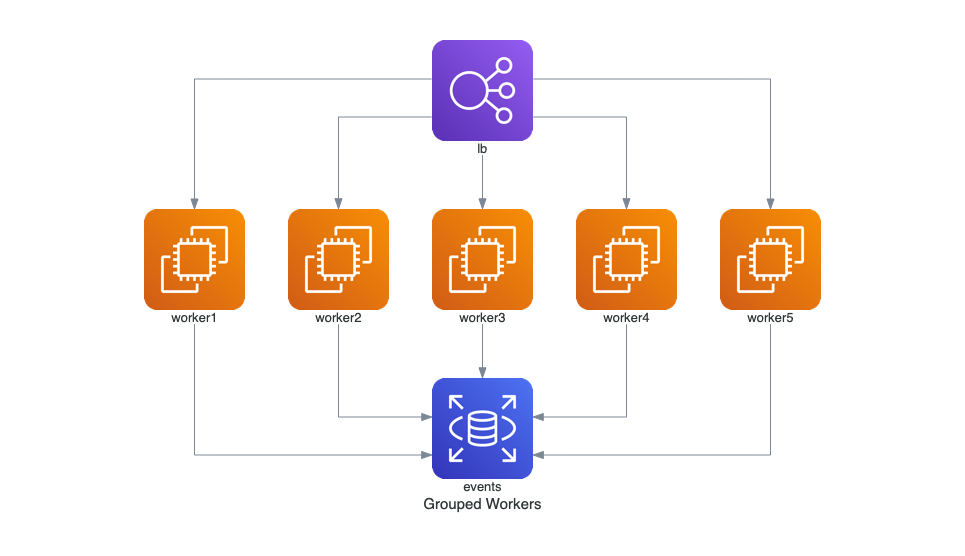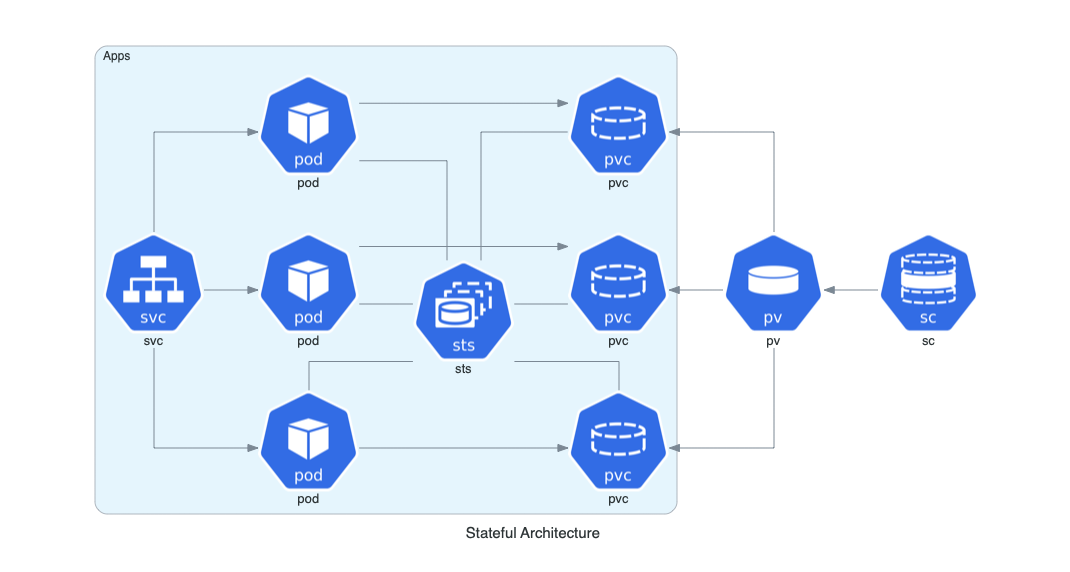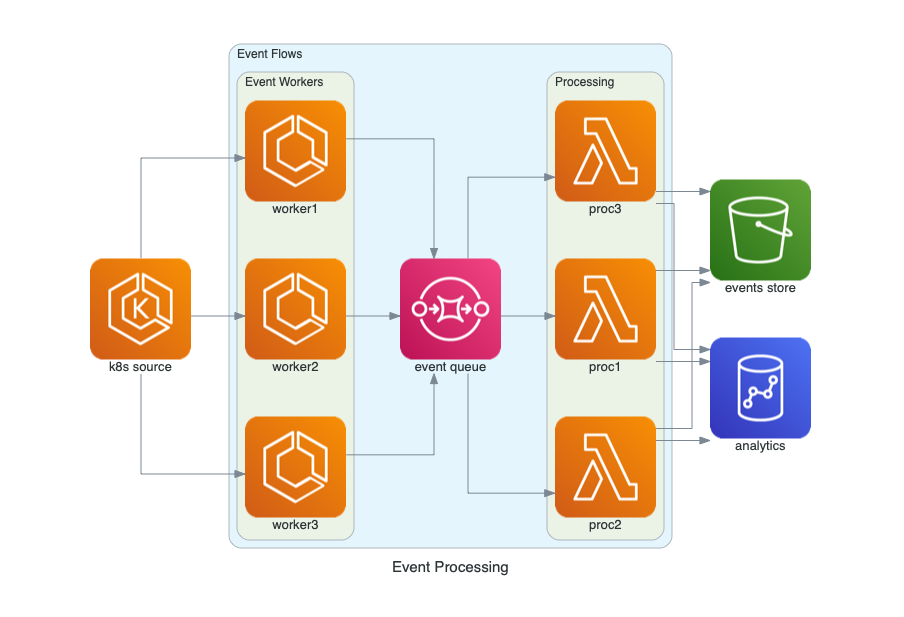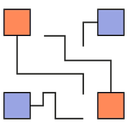|
|
4 years ago | |
|---|---|---|
| assets/img | 4 years ago | |
| diagrams | 4 years ago | |
| docs | 4 years ago | |
| resources | 4 years ago | |
| scripts | 4 years ago | |
| templates | 4 years ago | |
| tests | 4 years ago | |
| website | 4 years ago | |
| .gitignore | 4 years ago | |
| CONTRIBUTING.md | 4 years ago | |
| LICENSE | 4 years ago | |
| README.md | 4 years ago | |
| autogen.sh | 4 years ago | |
| config.py | 4 years ago | |
| poetry.lock | 4 years ago | |
| pyproject.toml | 4 years ago | |
README.md
Diagrams
Diagram as Code.
Diagrams lets you draw the cloud system architecture in Python code. It was born for prototyping a new system architecture design without any design tools. You can also describe or visualize the existing system architecture as well. Diagrams currently supports four major providers: AWS, Azure, GCP and Kubernetes.
Diagram as Code also allows you to tracking the architecture diagram changes on any version control system.
NOTE: It does not control any actual cloud resources nor generate cloud formation or terraform code, but just for drawing the cloud system architecture diagrams.
Getting Started
It uses Graphviz to render the diagram, so you need to install Graphviz to use diagrams. After installing graphviz (or already have it), install the diagrams.
macOS users can download the Graphviz via
brew install graphvizif you’re using Homebrew.
# using pip (pip3)
$ pip install diagrams
# using pipenv
$ pipenv install diagrams
# using poetry
$ poetry add diagrams
You can start with quick start. Check out guides for more details, and you can find all available nodes list in here.
Examples
| Grouped Workers on AWS | Stateful Architecture on k8s | Event Processing on AWS |
|---|---|---|
 |
 |
 |
You can find all the examples on the examples page.
Contributing
To contribute to diagram, check out contribution guidelines.
Let me know if you are using diagrams! I’ll add you in showcase page. (I’m working on it!) :)



